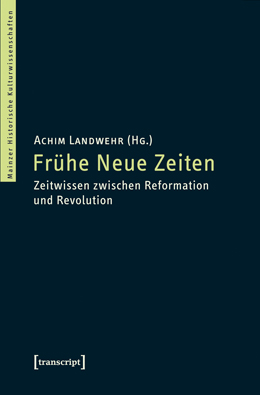Starting in Freiburg in the summer semester of 2011, I will be teaching two courses.
The Intellectual: Genesis of a Modern Social Type
The Dreyfus Affair is often viewed as the birth of the modern intellectual. In fact, however, the origins of this important ‘persona’ are much older and reach into the Enlightenment period. Taking a series of case studies from France, England and the German lands as a starting point, this BA-Seminar from a comparative perspective traces the emergence and development of this figure during the eighteenth and nineteenth centuries. Besides questions of social structure, finance, forms of communication and use of media, its focus will be on the problematic relation of the intellectual (and his locus naturalis, the public realm) with the political.
Zeitgeist: History and Impact of a Controversial Concept
The concept of ‘zeitgeist’ or ‘spirit of the age’ has all but disappeared from our vocabulary. If used at all it is usually employed in an ironic mode. Yet at one time, this was remarkably different. For a long time, zeitgeist was the central concept within Western discourses of historical reflexion. It expressed the reflexion upon the present as a changing form of life and thus built the center of a historical consciousness that emerged at the onset of the modern era. This reading course (Übung) will trace the history of this modern concept from its beginnings in the seventeenth up to his heyday in the first half of the nineteenth century. On the basis of source material (pamphlets, journal articles, poetry, theatre) from the German, French and English language areas several questions will be posed, i. e.: what meanings did the concept convey and how did these change over time? In what contexts and to what purposes was it used? How was it instrumentalized for political aims? Against which social background did it arise and how did it influence this in turn? Thus, on the basis of this example, general question are put forward about the history of concepts and its method.
More information about these courses may be found here.
Read Full Post »

